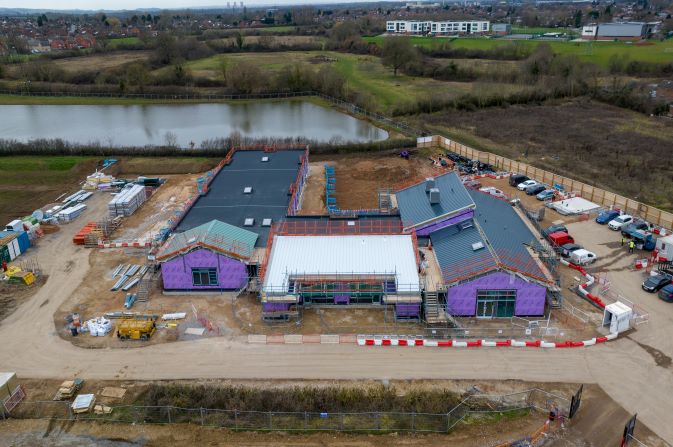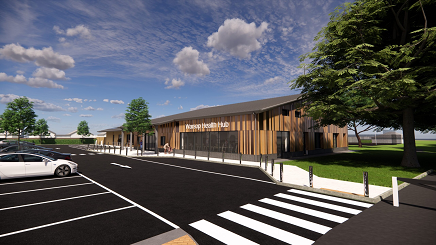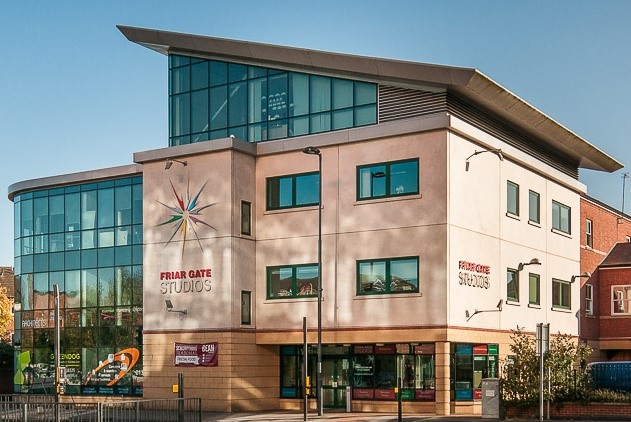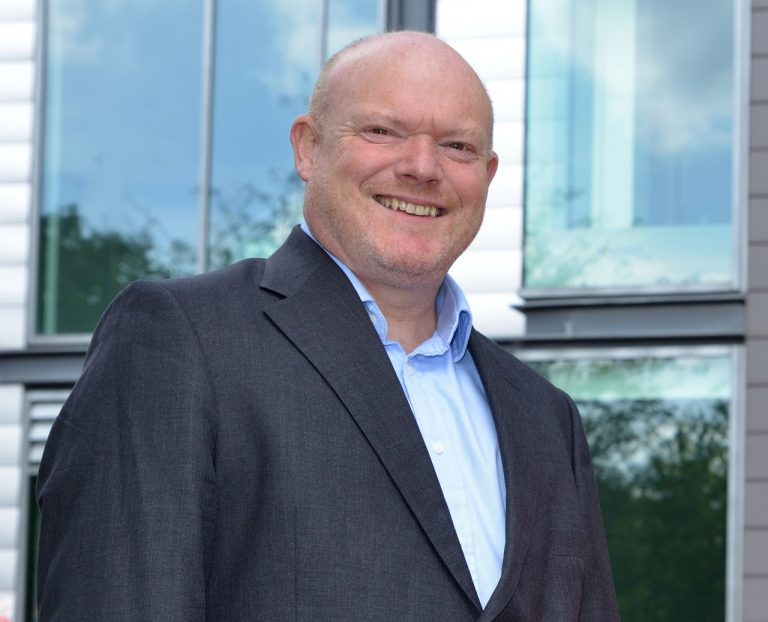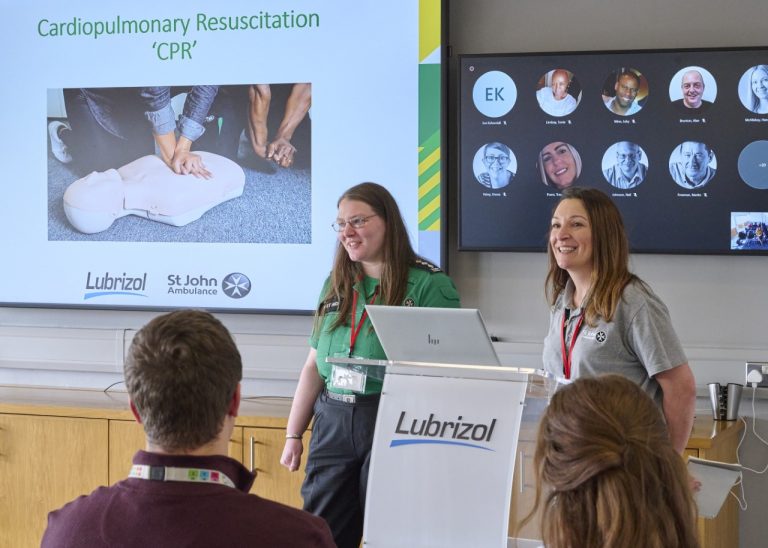New Derby primary school hits construction milestone
Race car manufacturer to open new corporate headquarters at Donington Park
Warsop Health Hub works fully approved to begin in the summer
A new community hub will now be able to move ahead at full speed following successive decisions by Mansfield District Council and recent funding grant success.
Connect Derby has best start to the year for five years
Free places for 200 SMEs at Growth Hub ‘cost-of-business’ expo
- What small businesses need to know about saving on energy costs
- Effective recruitment, onboarding, and engagement of employees
- Navigating debt and maintaining financial resilience
- Leadership in challenging times
- An anonymised Q&A session offering free practical advice to your questions.
Government “coming after” developers failing to sign Gove’s building safety contract
CAPITAL Seating secures succession plan through Santander UK-backed management buyout
Swann Systems, the holding company for CAPITAL Seating, has undergone a management buyout in a deal supported by FRP Corporate Finance and Santander UK.
Based in Leicester, CAPITAL Seating was established in 1968, and specialises in the supply of suspension seats and accessories to improve driver safety and comfort for all types of vehicle, as well as vehicle trimming services under the AUTO-TRIM Systems brand.
The company is an official distributor for major seat brands including Grammar, KAB and Recaro, and supplies a wide range of sectors, catering to trade and retail customers across the UK and Europe.
The sale to a new holding company will see the existing, long-serving management team led by Joe Beales, Darren Tuckley and Melinda Tyack assume control of the business, as part of the next stage in the company’s long-term succession planning. The buyout funded by Santander will also provide finance for further growth of the successful company into the future.
The deal sees an exit for the Swann family, who have been involved in owning and managing the business since its inception, with current Managing Director, Stephen Swann, transitioning into a consultancy role to provide on-going non-executive support for the management team.
FRP Corporate Finance was appointed to assist CAPITAL in raising new debt facilities to support the management buyout. Led by corporate finance partner Harry Walker and senior manager Fahim Kassam, the team sourced a number of competitive offers from several traditional and alternative debt funders and worked closely with the team at CAPITAL to identify Santander as the funding provider that would best suit the business’s ambitions.
Commenting on the deal, Harry Walker, director at FRP Corporate Finance, said: “For any business owner, formulating a viable succession plan is a key step in ensuring that the vision they have worked so hard to deliver is continued into the future.
“With this in mind, we’re glad to have been able to support CAPITAL with its management buyout and financing in anticipation of future growth. We’re excited to see where they go next and wish the Swann family, the management team and everyone at the company the very best.”
Stephen Swann, Managing Director at CAPITAL Seating, said: “Since the business’s founding more than 50 years ago by my father, we’ve prided ourselves on being a local employer that strives to deliver the best client service in our industry.
“I am proud to be handing on the business to a management team that have worked alongside me and led the business for a number of years now. The company is in a great place for further growth and development in the future and this deal will provide a fantastic platform for the team to take it forwards.
“Fahim and Harry at FRP Corporate Finance exceeded our expectations in securing a range of attractive funding options for the buyout, whilst ensuring the deal was transacted smoothly for the benefit of all parties. We’re very thankful for their support and really appreciate the value that their involvement in the deal added.”
Simon Clewlow, director, Growth Capital, at Santander UK said: “We are delighted to provide this exciting business with funding to support its management buy-out and look forward to working with it as it grows over the years to come.”
FRP Corporate Finance provided fund-raising, project management and deal structuring advice, with tax advisory support from Rowley’s Chartered Accountants.
A team from BHW Solicitors led by Steve McElhone provided legal advice to the vendors, with a team from Howes Percival led by Jahid Ali, Oliver Brookshaw and Haydon Simmonds supporting the MBO team and company.
A team from Browne Jacobson led by Emma Hinton and Chereta Edmeade provided advice to the Santander UK team, led by Simon Clewlow and Paul Elliott. Pippa Miller-Hawkes and Phil Todd from BSN Associates provided financial due diligence to Santander UK.
Business insolvencies hit four-year high
The number of insolvent businesses in England and Wales has hit a four-year high, with company directors choosing increasingly to shut down their companies voluntarily.
This is according to the Midlands branch of insolvency and restructuring body R3 and follows statistics published [14/3/23] by the Insolvency Service which show that corporate insolvencies rose by 6% in February to 1,783 compared to January’s total of 1,682, and by 17.5% in comparison with February 2022’s figure of 1,518.
The government statistics also show that corporate insolvencies in England and Wales increased by 160.3% against February 2021’s total of 685, and by 32.6% compared to 1,345 in February 2020.
R3 Midlands committee member Stephen Rome, a director of Thursfields Solicitors in the region, said: “Corporate insolvency numbers are at their highest level in four years due a rise in Creditors’ Voluntary Liquidations. Numbers for this process exceed those for 2022, 2021, 2020 and 2019 as more and more directors are deciding to close their businesses.
“After nearly three years of lockdowns, supply chain issues, rising costs and falling revenues, many business owners have simply had enough, and are shutting up shop before they are forced to.
“Trading conditions remain tough in the region – and it seems like the traditional Christmas and New Year trading period didn’t give them the boost they needed to survive.
“People are still very worried about money and the economy and are reluctant to spend on anything other than the basics. At the same time, the costs of energy, fuel and wages continue to be a major concern for businesses.
“Now is the time for directors to be aware of the signs their company is struggling and to seek appropriate professional advice. Cashflow issues, payment delays and rising stock are all indicators of a business in distress. The earlier directors seek help, the more options are available to address the challenges they face.”
Fundraising target quadrupled as MHR employee shaves head in support of mental health charity Mind
Macildowie invests in new hires to strengthen executive search business
New UK ‘Space City’ cluster launched in Leicester
Henry Brothers appointed on Ministry of Justice Framework
Contractor Henry Brothers has been appointed on the Ministry of Justice Constructor Services Framework for the first time.
The company has been chosen on both national and regional frameworks in support of construction work across the entire justice sector, including courts, prisons, and the Home Office.
Managing Director of Henry Brothers Construction, Ian Taylor, said: “Being appointed to the Ministry of Justice Framework for the first time is excellent news for Henry Brothers. Henry Group has a long history of working in the justice sector, and more recently delivered a new £50m prison Block at HMP Maghaberry.
“We are excited to have been appointed on both the national and regional frameworks, which will give us an extensive pipeline of opportunities.
“Henry Brothers is on numerous frameworks, including the Crown Commercial Services Framework, so we are very familiar with working for Government organisations, such as the Defence Infrastructure Organisation (DIO). We look forward to partnering with the organisations under the MoJ Framework to support future construction projects in the justice sector.”
Henry Brothers has been appointed on two Lots in Framework B – construction projects valued at between £5m and £10m. These cover the North region and the Wales and Central England region.
In addition, Henry Brothers has been appointed as one of eight contractors on Framework C for national construction schemes valued at between £10m and £30m.
Both Frameworks run for five years and cover work for MoJ Corporate, HM Courts and Tribunals Service, HM Prison and Probation Service, Legal Aid Agency, Office of the Public Guardian, and the Home Office.
The anticipated value of Framework B is expected to be £0.75bn over four regions, while the anticipated value of Framework C is expected to be £0.625bn.


